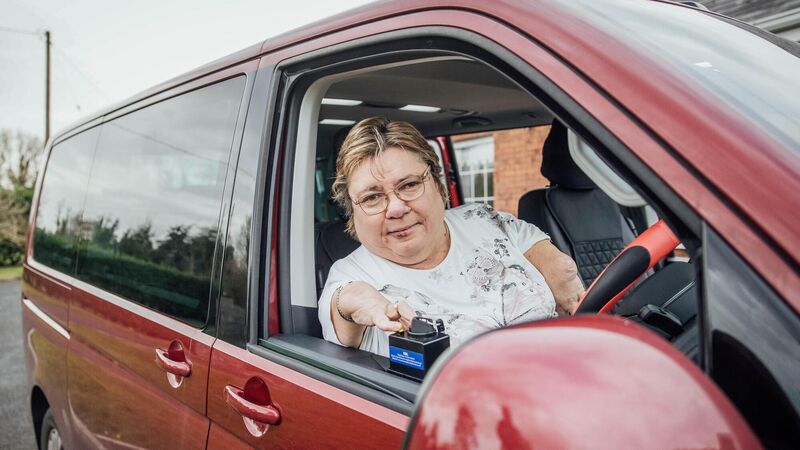'Shameful, unfair, unacceptable': Ombudsman hits out at inaction on accessible transport

The 'Irish Examiner' previously reported on how Leigh Gath, Pallaskenry, Co Limerick, had to pay a VRT bill of over €23,000 for her converted vehicle. Picture: Brian Arthur
The continued denial of access to personal transport supports for people with disabilities is "nothing short of shameful", the Ombudsman has said.
In his office's latest annual report, published today, Ger Deering says he and his predecessors have been demanding reforms from the Government in this area for 12 years.










